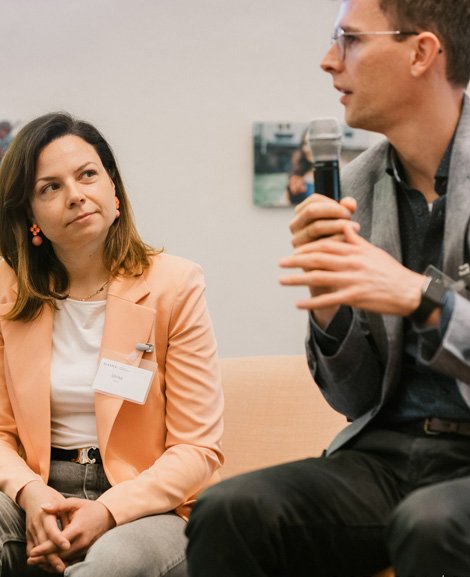Tobias Silberzahn
Health in the city – Following Amsterdam’s example
Tobias Silberzahn heads McKinsey’s Health Tech Network, a community of over 700 digital health companies. As a member of SCIANA’s 2019 cohort, he focuses on the subject of “health and well-being at the city level.” The network offers him a forum for discussion at the interface between health care policy and the health care industry. The Europe-wide exchange of case studies also constitutes a major added value of the initiative for him: “We discuss which European cities are active in the area of health care, what their experiences are, and what other cities can learn from them. Amsterdam, for instance, has set ambitious long-term goals and developed strategies for achieving them across different sectors. This is certainly a good example that other cities can follow.”
Dorli Kahr-Gottlieb
Promoting compassionate leadership
Dorli Kahr-Gottlieb is Secretary General of the European Health Forum Gastein (EHFG). Through SCIANA, she is able to broaden and extend her European network. Ms. Kahr-Gottlieb is impressed by SCIANA’s group dynamics and intensive exchanges, which have been further strengthened through exciting work on a joint project in the Challenge Group. Her small group focused on developing a compassionate leadership style that places the human element at its center, empowers employees to act and make decisions, and grants patients freedom and co-decision making.
Patrick Jahn
Digital solutions for better care
Patrick Jahn is a nurse and professor at the University Medical Center in Halle (Saale). His participation in SCIANA contributed to the expansion of the federal government-sponsored network “Translation Region for Digitized Health Care”(„Translationsregion für digitale Gesundheitsversorgung“) in Halle (Saale). With over 80 partners, the network is working to develop a “Digital Health Innovation Ecosystem” to provide better care in economically underdeveloped areas where chronically ill patients receive a poorer quality of care and health care logistics are very costly. The goal is to provide patients with a high level of health care security, participation, and well-being. “We need the global connection that SCIANA gives us, because not all solutions are available in our region,” Jahn explains.
Tobias Gantner
Equitable distribution of funds in the medical sector
Tobias Gantner is the founder of HealthCare Futurists GmbH, a globally active organization that supports innovation and change in the health care sector. It’s the multinational exchange that SCIANA makes available in particular, which is a major plus for the former transplant surgeon: “I have met many interesting people and witnessed a great willingness among the members to learn from and with each other. It is also wonderful that the foundations make connections across cohorts within the network.” In addition to focusing on content issues such as the equitable distribution of funds in the medical sector and the industry’s digital transformation, Gantner also developed a Healthcare Hackathon for all SCIANA members, which debuted in Zurich in 2019. “This format brings all the members together and gives us the opportunity to make new connections and develop forward-looking ideas.”
Annabel Seebohm
Strengthening physicians’ digital skills
Annabel Seebohm is Secretary General of the Standing Committee of European Doctors (CPME), one of the most prestigious national physicians’ organizations among the EU member states. She uses SCIANA to network with other health care experts and has conducted multiple lectures and events together with other SCIANA members – for example, on the subject of digital health literacy. “The digital health literacy of medical professionals is a decisive factor in the efficient and effective transformation of health care services. Physicians need to have strong digital skills that are specific to their respective fields,” Seebohm explains. At the initiative of Annabelle Böttcher, another SCIANA participant and Vice-Rector of Baden-Württemberg Cooperative State University, she also participated in a working group to exchange ideas on how to improve the integration of Syrian physicians in Germany.


